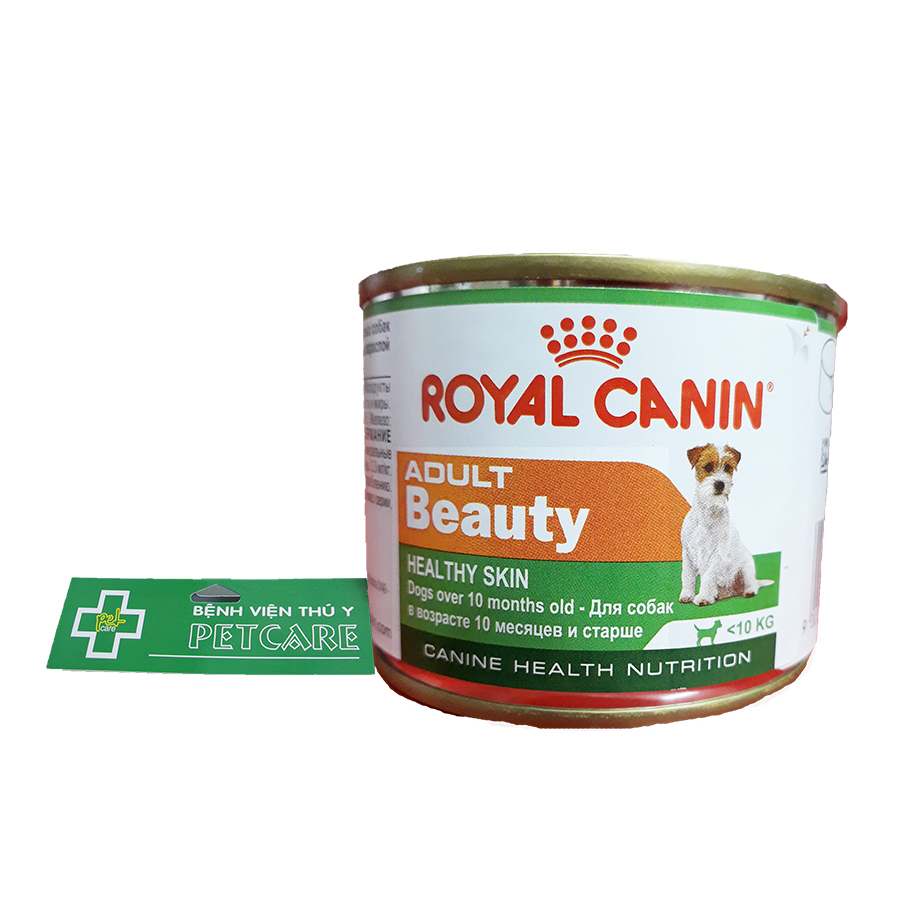Vaccination schedule for dogs and cats

A puppy tested positive for parvovirus
With a hot and humid weather, Vietnam is a perfect place for bacteria, viruses, fungi, parasites, etc to live, develop and transmit to animals. Because not every pet owner strictly follows the veterinary vaccination guidelines, young dogs and cats, especially those are not vaccinated, are highly susceptible to common infectious diseases, which can be fatal if not being treated properly. In Vietnam there are vaccines to prevent these following diseases:
For dogs:
- Canine distemper caused by canine distemper (CD) virus.
- Infectious canine hepatitis caused by canine adenovirus type 1 (CAV-1).
- Respiratory disease caused by canine adenovirus type 2 (CAV-2).
- Canine parainfluenza caused by canine parainfluenza (CPiV) virus.
- Enteritis caused by canine coronavirus (CCV), canine parvovirus (CPV and CPV-2c).
- Leptospirosis caused by Leptospira canicola, L. grippotyphosa, L. icterohaemorrhagiae and L. pomona – can transmit to humans.
- Rabies – can transmit to humans.
Usually, a dog will receive the first dose from 6-8 week-old. Depend on many reasons, your dog will receive 2 or 3 doses every 3-4 weeks, and rabies injection at 12 weeks of age or older.
For cats:
- Feline viral rhinotracheitis caused by feline herpesvirus-1 (FHV-1).
- Feline respiratory disease caused by feline calicivirus (FCV).
- Feline panleukopenia (or feline distemper, feline infectious enteritis) caused by feline parvovirus (FPV).
Normally, cat will receive the first dose from 8-9 week-old. Depend on many reasons, your cat will receive 2 doses every 3-4 weeks, and rabies injection at 12 weeks of age or older.
NOTE:
Your veterinarian would indicate the vaccination schedule and types of vaccines to your pet after considering the incidence and distribution of the diseases, your pet’s health, age, breed and living environment, etc.



